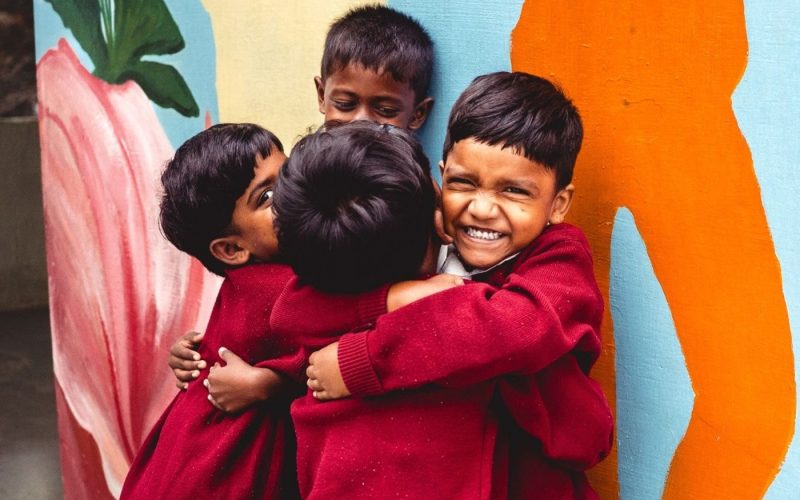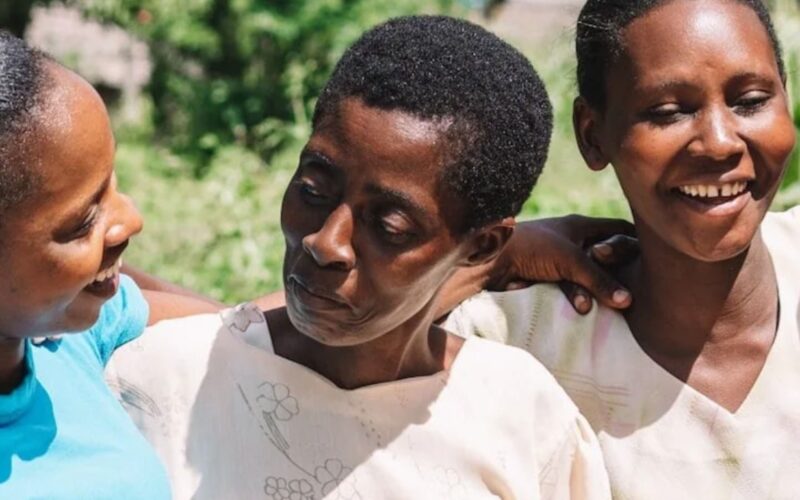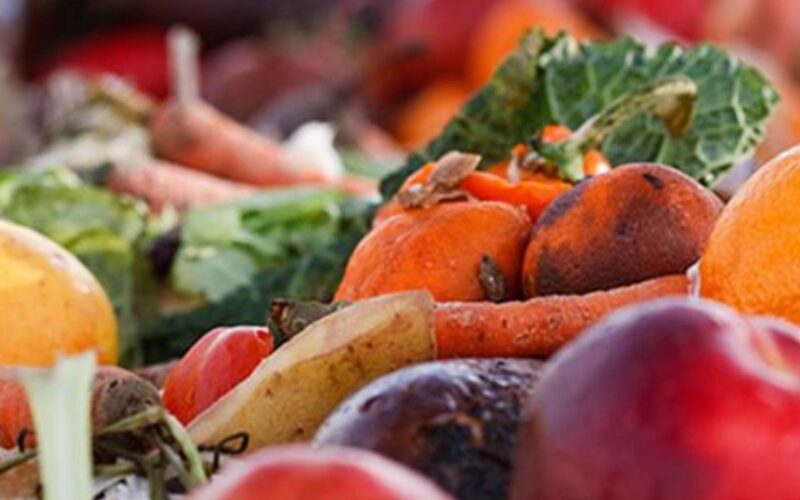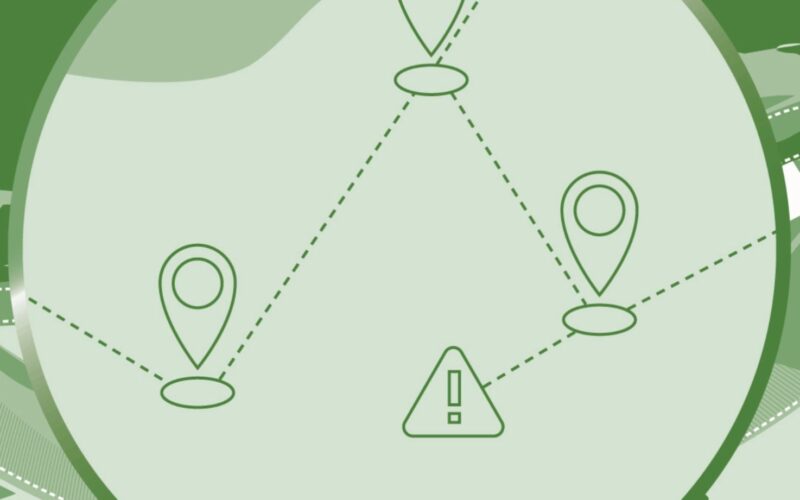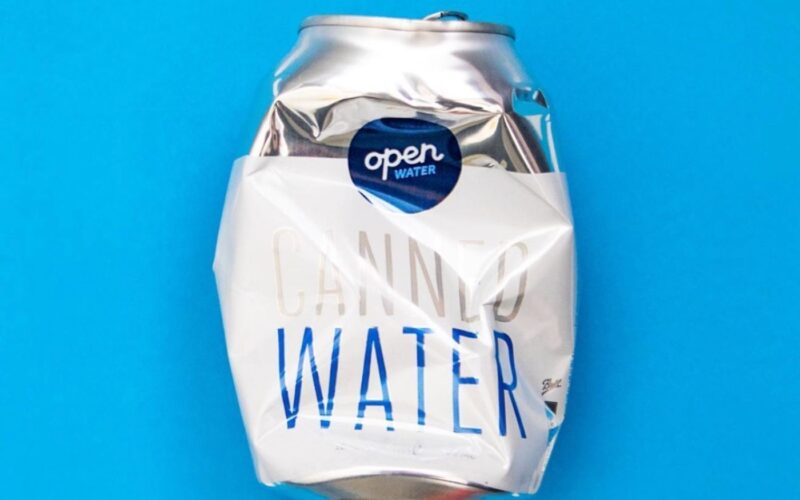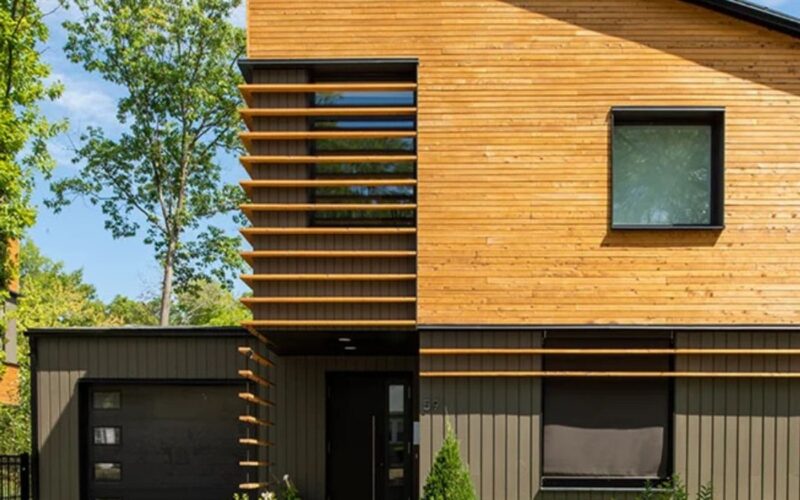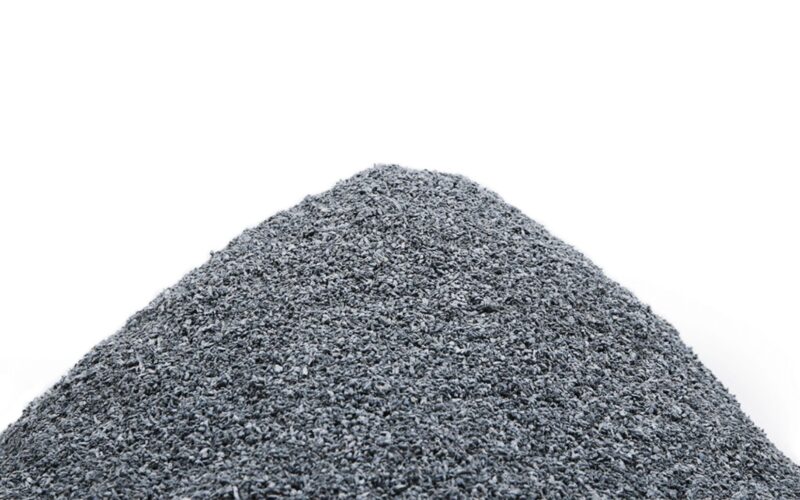13: Shanti Bhavan – From Invisible to Unstoppable
Bringing about impactful change is a formidable challenge. Particularly, changing the lives of children in India, who come from households with incomes of not more than $3 a day. Change through opportunities rather than handouts. Dr.Abraham Goerge, Founder of Shanti Bhavan is an army veteran, and entrepreneur who returned to what he believes is his purpose in life. He returned to India to found Shanti Bhavan – a school, that provides a safe and welcoming place, one that encourages self-exploration and personal growth alongside traditional education. Shanti Bhavan brings the children to a healthy, safe and nourishing boarding school set in over 38 acres in the outskirts of Bengaluru. He believed strongly that these children can be made unstoppable by giving them a holistic education and an opportunity to blossom. An education that helps them compete academically, become leaders and gain personal growth. An education that will train them to seize opportunities with confidence and authority and not by some government set-asides. The graduates of Shanti Bhavan have gone on to several of the top universities in the US like #Stanford and #UniversityofChicago. The student body is comprised of children from the most disadvantaged socio-economic backgrounds—environments where daily guidance and support, often taken for granted in other households, may be entirely absent.
Come take a listen to learn more about this powerful and impactful organization.
Read More

